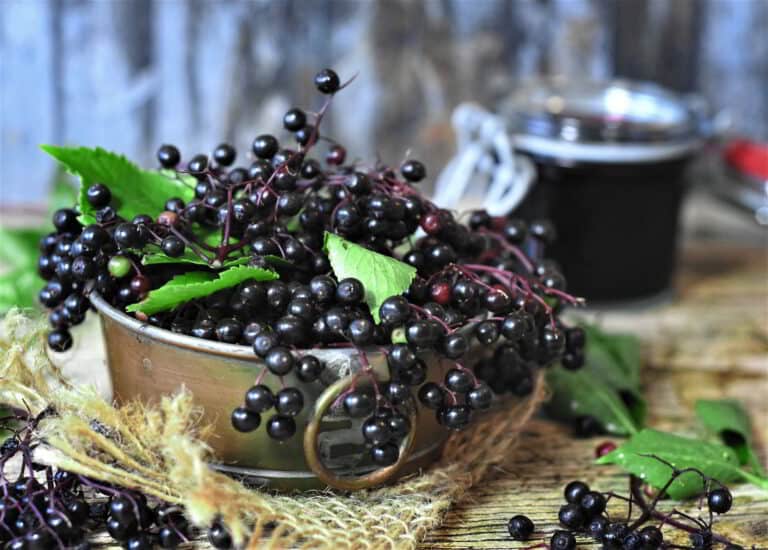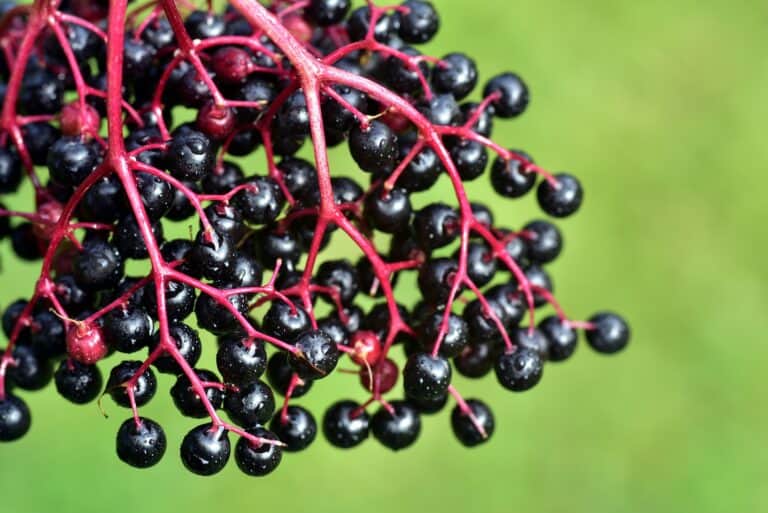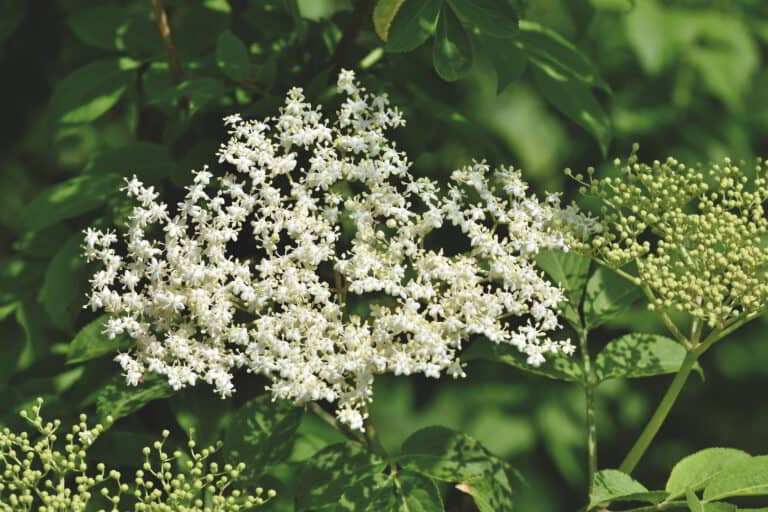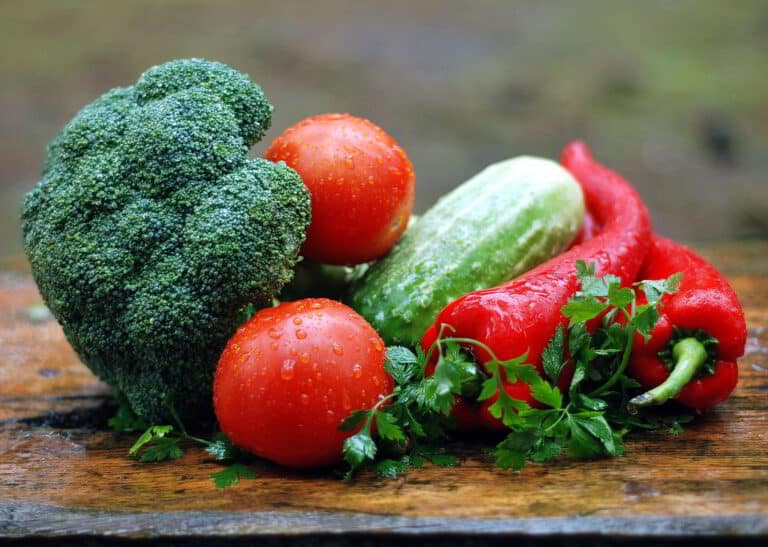Unveiling the Longevity Diet: Fueling for a Fuller, Healthier Life
Delve into the longevity diet, its impact on lifespan, and discover which foods can propel you towards a healthier, lengthier existence.
Introduction
The longevity diet represents a pathway to a healthier, extended life through mindful, nutrient-dense food choices. This diet, hinged on longevity-promoting foods, can be an empowering tool to enhance our life expectancy. As we venture through this topic, we’ll unearth the principles of the longevity diet, and how this nutrition strategy can serve as a catalyst for a vibrant, lengthier life.
Understanding the Longevity Diet
The longevity diet, rooted in the science of nutrition and aging, focuses on consuming foods that nourish our bodies and support our well-being over the long term. Centered around whole, unprocessed foods rich in antioxidants, healthy fats, and high-quality proteins, this diet aims to reduce the risk of age-related diseases, promoting health and increasing lifespan.
“We are indeed much more than what we eat, but what we eat can nevertheless help us to be much more than what we are.” – Adelle Davis.
Choosing foods aligned with the longevity diet can be your first step towards a healthier, extended life.
Unpacking the Components of the Longevity Diet
The longevity diet comprises foods known for their life-extending benefits, primarily fruits, vegetables, whole grains, lean proteins, and healthy fats. Fruits and vegetables, brimming with antioxidants, combat oxidative stress and inflammation, two significant contributors to aging. Whole grains, rich in fiber, regulate blood sugar and promote a healthy gut microbiome. High-quality proteins, like those from lean meats and legumes, support cellular health, while healthy fats from sources like avocados, nuts, and olive oil promote heart health.
“The food you eat can be either the safest and most powerful form of medicine or the slowest form of poison.” – Ann Wigmore.
By embracing the components of the longevity diet, we can harness the power of food to fuel a healthier, lengthier life.
The Impact of the Longevity Diet on Health and Lifespan
Research consistently highlights the longevity diet’s positive impact on health and lifespan. Studies have shown that adhering to this diet can lower the risk of chronic diseases, such as heart disease, diabetes, and certain cancers, all of which can impact life expectancy. Moreover, the longevity diet promotes a healthier aging process by slowing cellular aging and supporting overall vitality.
“In my food world, there is no fear or guilt, only joy and balance.” – Ellie Krieger.
Incorporating the longevity diet into our lifestyles can pave the way for healthier aging and extended longevity.
Personal Anecdote
My aunt, a spry nonagenarian, is a living testament to the longevity diet. Her eyes sparkle with vitality, her mind is sharp, and her spirit is vibrant. Throughout her life, she’s maintained a deep-rooted belief in the power of wholesome, unprocessed food. Her diet, akin to the longevity diet, has always been rich in fruits, vegetables, lean proteins, whole grains, and healthy fats.
Each meal is a kaleidoscope of fresh, vibrant foods. Processed, sugary foods have always been a rarity in her kitchen. Instead, she relishes the natural flavors of food, sweetening her dishes with fruits and spices, and using herbs and citrus to create delectable savory dishes.
Her commitment to her diet, paired with an active lifestyle, has without doubt played a significant role in her robust health and longevity. Her radiant existence is a testament to the power of the longevity diet, inspiring us all to make food choices that support a healthier, fuller life.
Conclusion
The longevity diet offers a practical, evidence-based approach to enhancing health and extending life expectancy. By making mindful, nutrient-dense food choices, we can steer our health trajectory towards a vibrant, lengthier life. As we strive for longevity, let’s remember that our daily food choices are an investment in our future health.
Reader’s Takeaway
The longevity diet is a pathway to a healthier, extended life through mindful, nutrient-dense food choices. This diet, hinged on longevity-promoting foods, can be an empowering tool to enhance life expectancy. By making mindful food choices, we can steer our health trajectory towards a vibrant, lengthier life.
FAQs
What is the longevity diet?
Answer: The longevity diet is a dietary approach focusing on consuming foods that nourish our bodies and support our well-being over the long term, thereby extending our life expectancy.
What foods are included in the longevity diet?
Answer: The longevity diet primarily includes fruits, vegetables, whole grains, lean proteins, and healthy fats. These foods are rich in nutrients and known for their life-extending benefits.
How does the longevity diet impact health and lifespan?
Answer: The longevity diet can lower the risk of chronic diseases and promotes a healthier aging process by slowing cellular aging and supporting overall vitality. Thus, it positively impacts health and lifespan.
How can I start following the longevity diet?
Answer: To start following the longevity diet, begin by incorporating more whole, unprocessed foods into your meals. Prioritize fruits, vegetables, whole grains, lean proteins, and healthy fats, while limiting processed, sugary foods.
Can the longevity diet improve existing health conditions?
Answer: While the longevity diet is primarily aimed at promoting overall health and extending life, it may also help manage certain health conditions due to its emphasis on nutritious, unprocessed foods. However, always consult a healthcare provider before starting any diet for health conditions.
Keywords: Longevity diet, nutrient-dense food choices, healthier, extended life, whole, unprocessed foods, antioxidants, healthy fats, high-quality proteins, heart disease, diabetes, cancers, cellular aging, vitality.
References
- Mayo Clinic
- American Dietetic Association
- National Institute on Aging
- The New England Journal of Medicine
- World Health Organization
- British Medical Journal
- Healthline
- American Journal of Clinical Nutrition
- Journal of the American College of Nutrition
- Nutrients Journal






